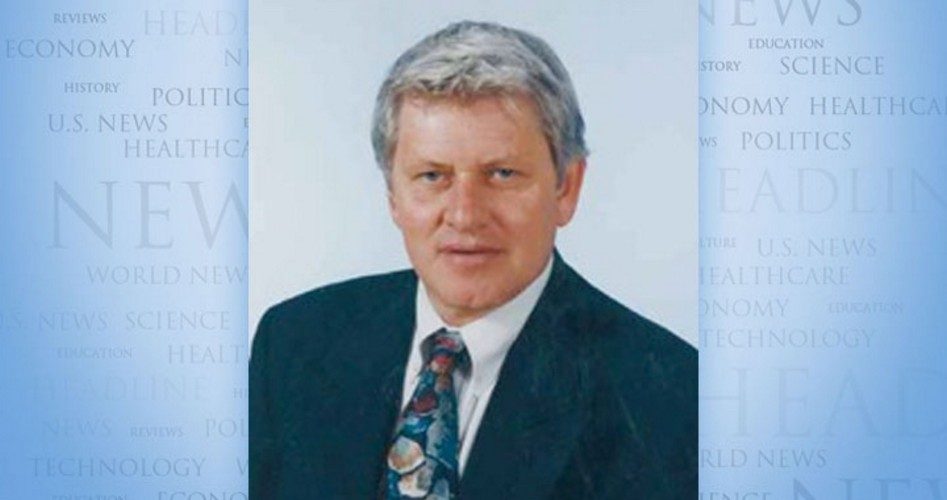
Now, on top of Secret Service agents frolicking with hookers in the hotels they’re supposed to be securing for President Obama’s impending visits, the news is even worse about yet another allegedly top security operation at the federal level.
“The Justice Department and FBI have formally acknowledged that nearly every examiner in an elite FBI forensic unit gave flawed testimony in almost all trials in which they offered evidence against criminal defendants over more than a two-decade period before 2000,” reports the Washington Post’s Spencer Hsu, two-time Pulitzer finalist.
“Of 28 examiners with the FBI Laboratory’s microscopic hair comparison unit, 26 overstated forensic matches in ways that favored prosecutors in more than 95 percent of the 268 trials reviewed so far, according to the National Association of Criminal Defense Lawyers (NACDL) and the Innocence Project,” two groups assisting the federal government with the country’s “largest post-conviction review of questioned forensic evidence,” explains Hsu.
The cases include those of “32 defendants sentenced to death,” reports Hsu. “Of those, 14 have been executed or died in prison,” based on a review of the first 200 convictions.
“The admissions mark a watershed in one of the country’s largest forensic scandals, highlighting the failure of the nation’s courts for decades to keep bogus scientific information from juries, legal analysts said,” explains Hsu.
The question now, said legal specialists, is how the states and courts “will respond to findings that confirm long-suspected problems with subjective, pattern-based forensic techniques — like hair and bite-mark comparisons — that have contributed to wrongful convictions in more than one-quarter of 329 DNA-exoneration cases since 1989.”
The Washington Post reported in 2012 that “flawed forensic hair matches might have led to the convictions of hundreds of potentially innocent people since at least the 1970s, typically for murder, rape and other violent crimes nationwide,” explains Hsu. “Only California and Texas specifically allow appeals when experts recant or scientific advances undermine forensic evidence at trial.”
Additionally, on the issue at the federal level of the amalgamation of big money and presidential politics, Hillary Clinton has memorably and intermittently claimed that she and Bill were “dead broke” in December 2000 when their time at the White House was ending.
In fact, December 2000 was the same month the Clintons bought a $2.85 million seven-bedroom mansion in Washington, D.C. near Embassy Row, and the year after they purchased their sprawling five-bedroom $1.7 million home in Chappaqua, New York.
Bill Clinton doubled down on the family’s financial hardship tale in a recent interview with NBC’s Cynthia McFadden that aired on May 4, “When we moved into the White House,” Mr. Clinton said, “we had the lowest net worth of any family since Harry Truman,” an unpretentious haberdasher.
Husband Bill didn’t mention to Ms. McFadden that Hillary received a reported $14 million advance for her Hard Choices memoir — enough money to pay off the houses in Washington and Chappaqua, with enough money left over to pay cash for a $3 million place in Malibu and a $3 million summer place Martha’s Vineyard, with enough cash remaining to also pay cash for a modest but charming French cottage in Saint-Tropez.
Ironically, a central focus in Mrs. Clinton’s current populist speechifying, as she’s pocketing $200,000 per speech, is that income inequality is a threat to democracy.
“The deck is stacked in their favor,” Hillary is now saying of the wealthy, and “my job is to reshuffle the cards.”
On top of the obvious hypocrisy and imperiousness in that comment, assigning herself the task of reshuffling people’s lives, incomes and wealth sounds a bit too much like the societal finagling and economic leveling of Joseph Stalin.
Ralph R. Reiland is an associate professor of economics and the B. Kenneth Simon professor of free enterprise at Robert Morris University in Pittsburgh.


